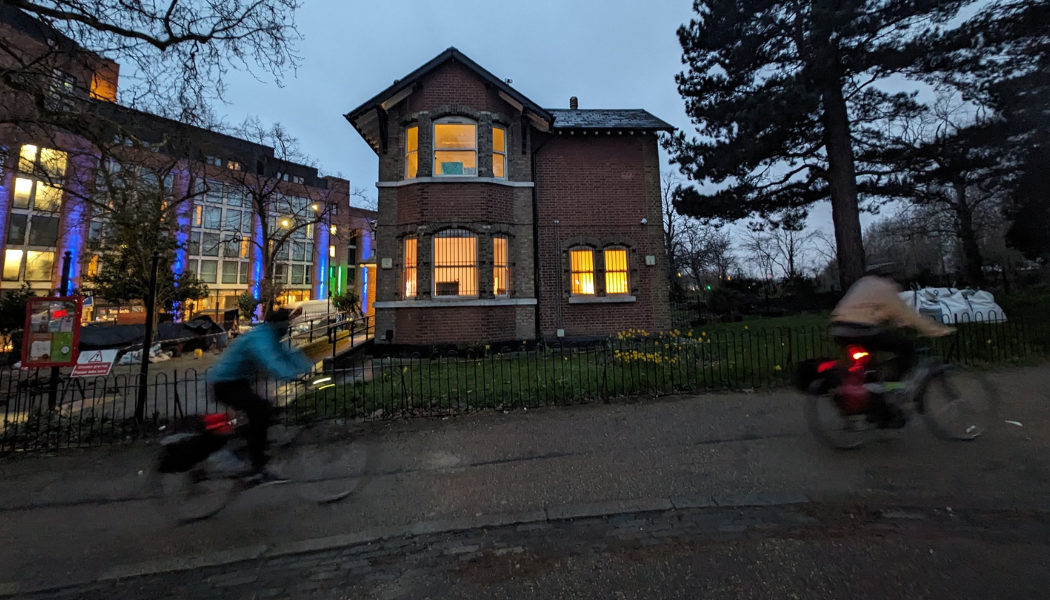The Museum of Homelessness (MoH) has announced that it will open its first physical location to the public in May with a new immersive experience.
To mark the opening of its new site and ten-year anniversary, the museum has shared plans for ‘How to Survive the Apocalypse’.
The immersive experience, running two days a week from May 24th to 30th November 2024,will be a “lively, conversational encounter which is about connection and solidarity.”
It will draw on the museum’s own front-line action over the course of a decade that has included “record levels of homelessness, widening inequality, Brexit, a climate emergency, a pandemic, and a series of ongoing social and political crises”, it said.
The museum moved into its new site last October, a small gatekeeper’s cottage in London’s Finsbury Park. While it has since engaged with people experiencing homelessness, its show will be the first public offering from the location.
Only able to accommodate around 25 visitors at a time, it will be “a break from the traditional museum experience”, it said.
It has also announced that it will not add labels to objects on display. It said its approach looks to “smash the traditional model of glass cases and guarded access”, instead presenting objects “through a tour that includes performance, poetry, object handling, chats, and much more.”
Museum Director Jess Turtle said of its ‘How to Survive the Apocalypse’ experience: “The answers don’t lie in Parliament, they lie here, with us, the people who come up with solutions on the ground and work together to get things done. It is this aspect of our culture that we want to share with our audience in How to Survive the Apocalypse and we can’t wait to welcome people into our world.”
The museum’s cast and crew are to be paid at MoH’s flat pay rate which is the national average wage for museums, £34,800, and is supported by ticket income. Surplus income will be put towards the museum’s Emergency Winter Fund which supplies tents, sleeping bags, socks, and other essentials throughout the colder months.
There will always be at least five free places available for people who can’t afford to buy a ticket, it said.








